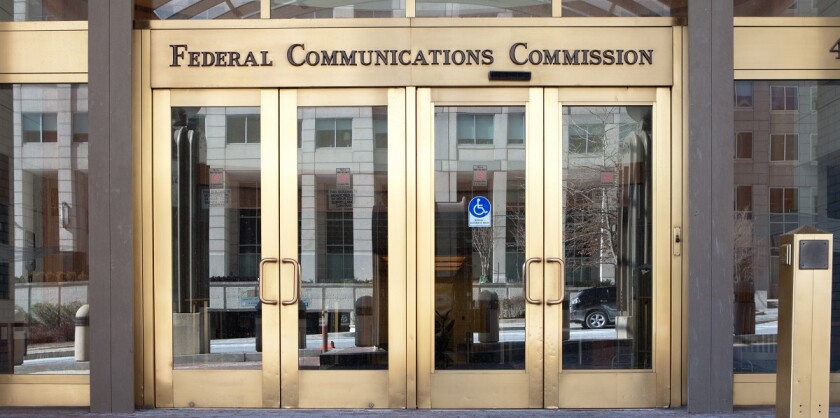Michael Toland, Oklahoma’s chief information security officer, will exit the position and officials have embarked upon a search for his replacement. State CIO Dan Cronin will oversee cybersecurity in the interim.
-
The first part of a major North Dakota modernization project went live this week. The ND Gateway portal will continue to evolve as the main channel through which businesses can interact with state services.
-
The Windy City has committed to maintain in-person access to its CityKey ID card program. However, the use of its online application platform is currently not available as officials reassess their processes.
-
The California Report on Frontier AI Policy lays out regulatory principles prioritizing transparency and risk mitigation. It arrives as federal lawmakers consider a 10-year moratorium on state artificial intelligence regulation.
-
Their proportions and weight mean heavy-duty trucks cause an outsized amount of damage to the nation's roads, experts said. Road usage charges could help introduce fairness and equity into how vehicles are charged.
Most Read
Cybersecurity
From The Magazine
-
Government Technology's Top 25 Doers, Dreamers and Drivers 2025
-
Profiles of this year's winners.
-
Separated from live systems and sensitive public data, sandboxes let states and cities test drive artificial intelligence use cases without impacting services.
-
The evolution of artificial intelligence, which requires massive amounts of energy to function, is forcing government, utilities and tech suppliers to face the question of whether power grids can keep up.
More News
-
If signed by the governor, the bill would require utilities to use so-called grid-enhancing tech to make transmission lines more efficient and boost their capacity, and offer real-time data.
-
Lawmakers approved allocating the money to merge Clark County with the state’s other 16 counties in a single Voter Registration Election Management System. The endeavor is intended to increase cybersecurity and transparency.
-
The unofficial competition to put driverless taxis on the road is picking up speed. Zoox opened a production facility this week in California’s Bay Area. Waymo already offers paid rides in a few cities.
-
A school board resolution acknowledges that technology plays an essential role in modern education but says it has to be “balanced with proven traditional methods to best support student achievement and well-being.”
Webinar Series: Understanding policy changes & insights on what’s next.
-
A Lexington-area school district is proposing to replace paper packets used by bus drivers with tablets and hardware that can map routes, give audio directions and make sure students are on the right bus.
-
Plus, experts encourage including artificial intelligence skills in digital literacy programming, Tennessee libraries are getting funding to teach such skills, Maine launched a new device sharing program, and more.
-
After testing 15 different messages designed to spur teacher engagement with software tools, researchers found that students of teachers who received them completed about 2 percent more math units.
-
If Pennsylvania caps cyber charter school tuition at $8,000 for the 2025-26 school year, school districts such as Allentown and Parkland might save between $1 million and $4 million in reallocated state funds.
-
The local government is getting underway on a project to bring high-speed Internet to more than 400 additional homes and businesses. Its total cost is $1.7 million, with $1.3 million of that coming from a federal grant.
-
The Alabama city has deployed software with artificial intelligence to interface with several types of systems, according to CIO Stephen Dawe. Resident safety and avoiding liability are two key goals.
Question of the Day
Editorial





















![[Webinar Series] Navigating the Transition: How to Move Forward](https://erepublic.brightspotcdn.com/dims4/default/a92c15e/2147483647/strip/true/crop/840x418+0+0/resize/840x418!/quality/90/?url=http%3A%2F%2Ferepublic-brightspot.s3.us-west-2.amazonaws.com%2Fd8%2F40%2F1afc0d0e4594a5f9bd99f0068a29%2Fgt25-webinar-series-art-navtransition.jpg)






















